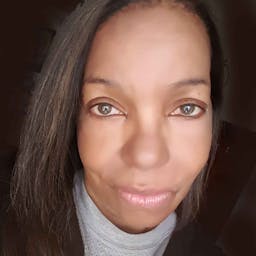Songbirds of All Time
Dec 22, 2021
Story
Songbirds of our species are the females singing forth to younger generations about the knowledge of our cultures.
One of the essential purposes of communication is to provide all people as much understanding as possible about the origins, development and destination of all beings residing among us on our home planet—Earth.
In my own quest for knowledge, I have learned that women have been the indisputable cultural historians from the beginning of time. Not only do the women of our planet teach the young, women intuitively cultivate cultural knowledge through diverse, natural world experiences and generational interaction with human beings of all genders and ages—infants to elders. A multitude of experiences, relationships and situational responses allow us to make vital discoveries along the paths of our lives enhancing the survival toolbox for our people throughout the ages.
Learning about other cultures brought me into contact with the women of other cultures and I now know that our role in capturing, preserving and sharing cultural history is so much more than informal. Passing down survival skills to our people over eons, we hold the position of retaining and transferring knowledge through our essential responsibility to the family, home, religion, community, institutions, career paths and world leadership. Women study and learn from nature, while men go out hunting, gathering, trying to conquer and sometimes destroying nature. To this end, I study and write about indigenous knowledge preservation and storytelling traditions; and, whenever possible, from the female point of view.
Part of my own knowledgebase includes International Law that protects Indigenous People’s Intellectual Property Rights to their ancestral traditions. I study, write about and publish genealogies, family histories, profiles, case studies, and oral histories. And who do you think are the most avid collectors of this memorabilia? Women. In some instances, I have created museum exhibitions, documentaries, videos and online content to accompany and enrich the publications. At the California Indian Museum & Cultural Center in Santa Rosa, California, I studied Protecting Our Legacies—methodologies for preserving indigenous history. I also study documentary filmmaking and storytelling, and create digital archival preservation projects for individuals and groups.
Studying is a necessary part of historical collection to learn how to place this information within the context of its origins and also within the context of present understanding. But in reality, if you need to learn what happened in the past, what is happening today or what will happen in the village tomorrow, come and sit quietly at the knee of a female elder.




